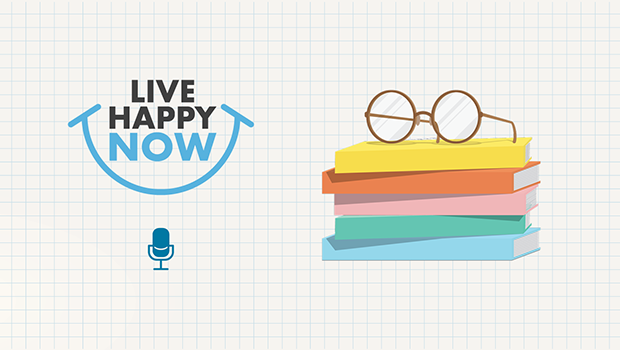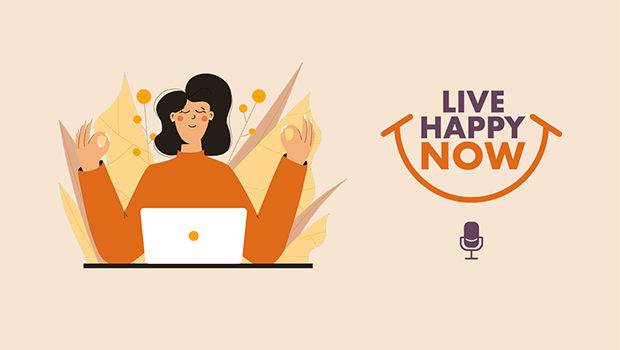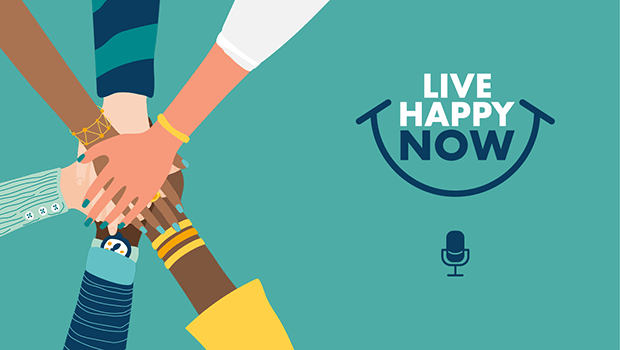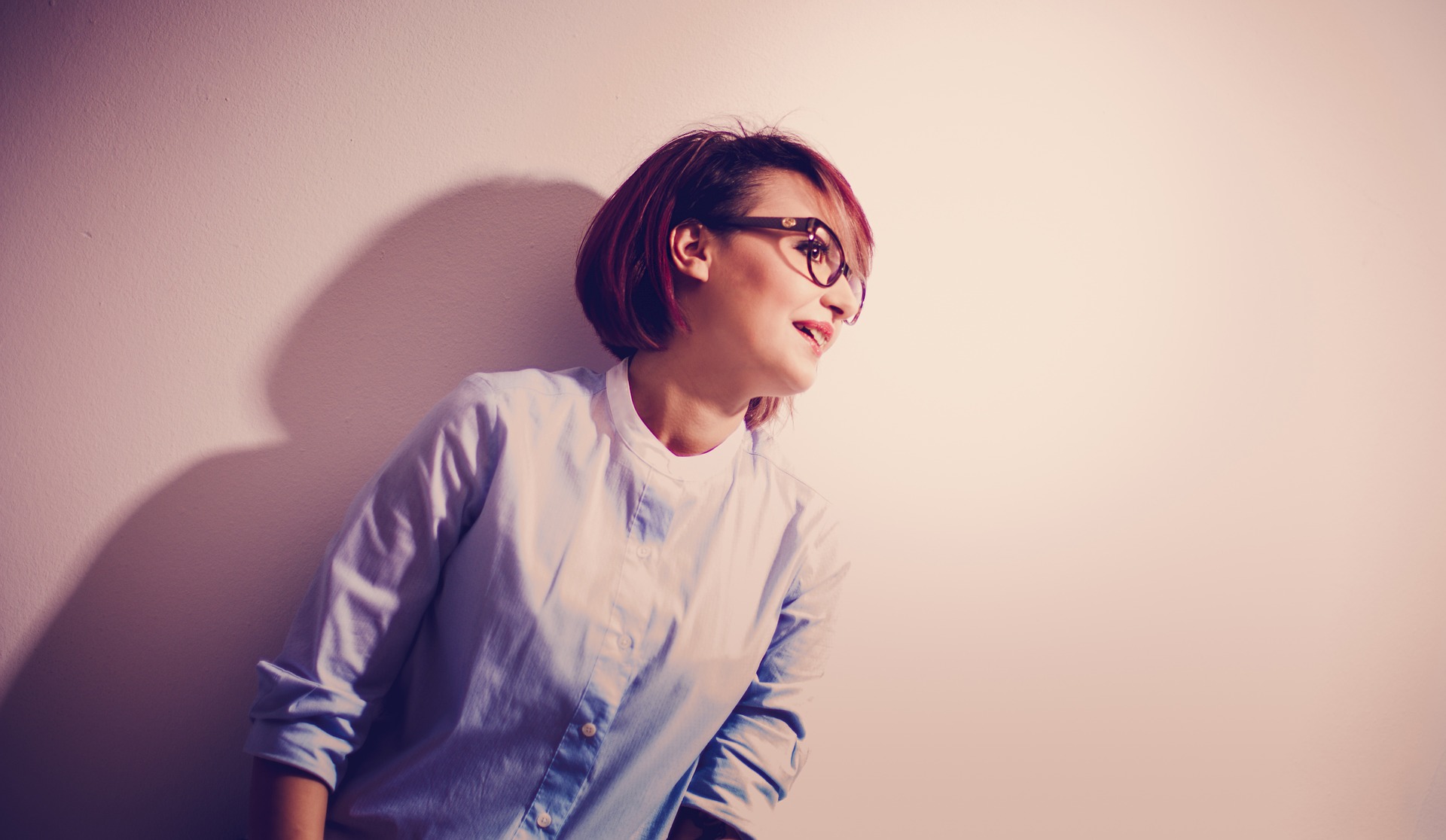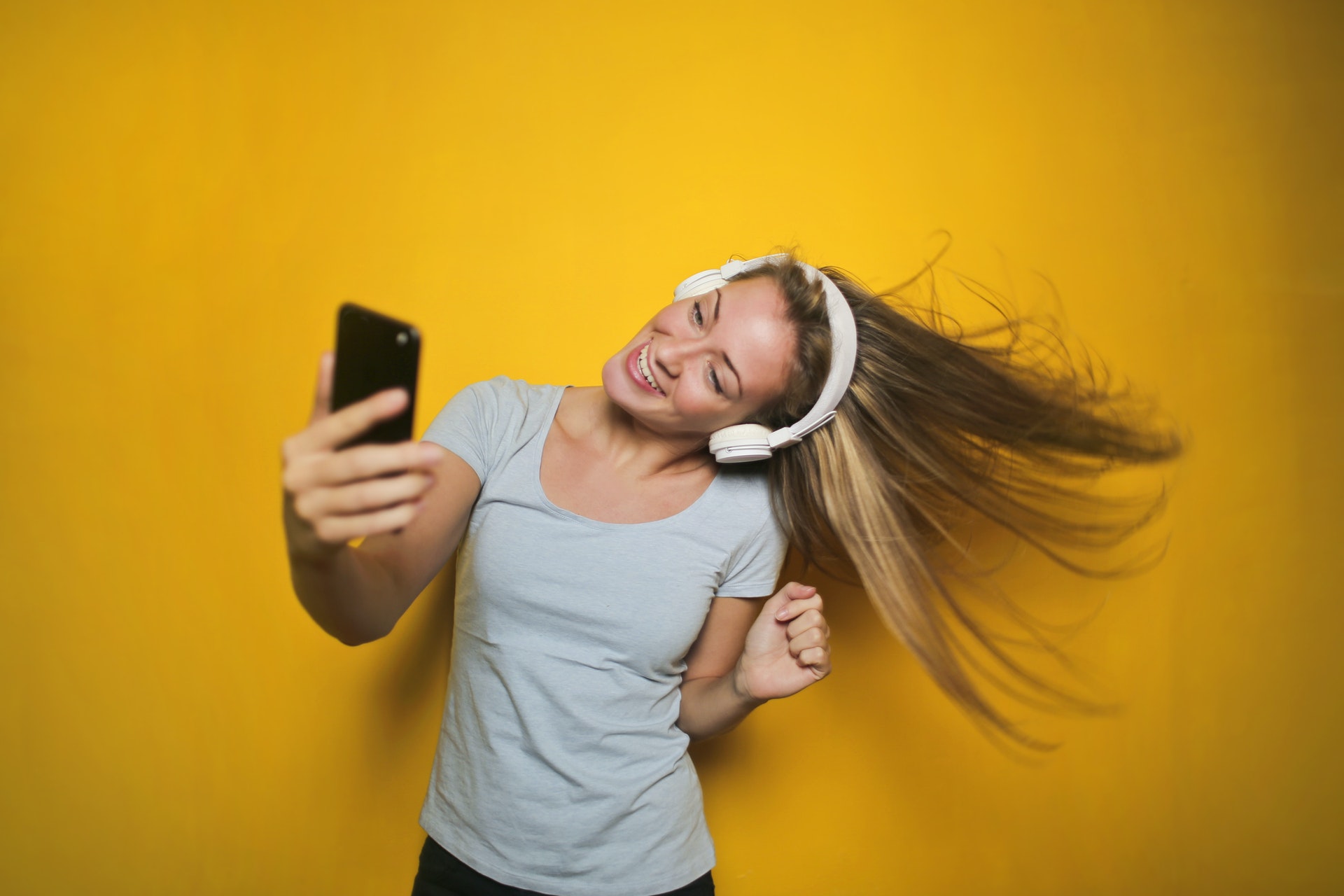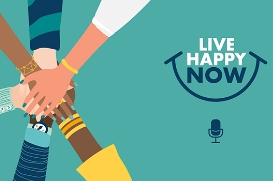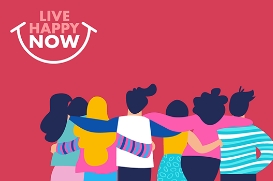Try these tips to restore well-being.
By now we’ve all reset our clocks for the start of daylight saving time, but we wish we could hit snooze bars on our internal biological clocks. Besides costing an hour of sleep, the time change wreaks havoc with our circadian rhythms—even threatening our well-being, researchers warn.
Resetting the inner clock
“An hour seems like a minor change, but moving the clock ahead one hour can be very stressful or disruptive for some people, particularly for those who are already sleep deprived,” warns Dr. Jeffrey P. Barasch, medical director of The Valley Hospital Center for Sleep Medicine in Ridgewood, New Jersey.
Our circadian rhythm, the biological clock located in a part of the brain behind the eyes, determines when we feel alert and when we are sleepy, he says. The clock needs time to adjust to synchronize our bodies with the daily light-dark cycle of the world.
The lost hour: Where does it go?
With daylight savings, a 7 a.m. wakeup becomes 6 a.m. Previously sunlit mornings are dark—at least for a while—slowing the clock adjustment and leaving us feeling tired for more than the one day on which the clocks change, Jeffrey says.
Some German researchers believe our bodies never adjust fully to daylight saving time.
“When you change clocks to daylight saving time, you don't change anything related to sun time,” lead researcher Till Roenneberg of Ludwig-Maximilians-University in Munich said in a 2007 study of time-change disruption. “This is one of those human arrogances—that we can do whatever we want as long as we are disciplined. We forget that there is a biological clock that is as old as living organisms, a clock that cannot be fooled. The pure social change of time cannot fool the clock.”
Be careful out there
On average, we sleep 40 minutes less than our normal times on the Sunday nights following the springtime changes, the National Sleep Foundation says. The consequences show the next day in terms of increased listlessness at work, according to a Penn State study; and even an increase in heart attacks and workplace injuries.
“Pay close attention to light exposures since it will be brighter outside at bedtime now,” advises Lauren Hale, Ph.D., Stony Brook University School of Medicine professor and inaugural editor of Sleep Health journal. “This means you should be sure to shut your shades in addition to shutting off your screens at bedtime,” she said.
Here are more tips to help us restore our well-being:
- Go to bed at your usual time after the time change.
- Get up at your usual time.
- Get sunlight soon after awakening.
- Avoid sunlight or bright light in the evening.
- Don’t nap within a few hours of your regular bedtime.
- Avoid caffeine, nicotine and alcohol for several hours before bedtime.
Jim Gold is a veteran journalist who splits his time between Seattle and San Francisco.




